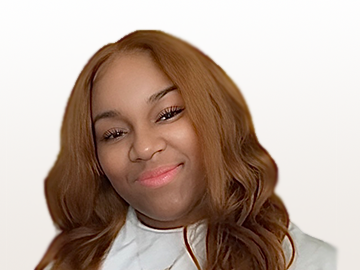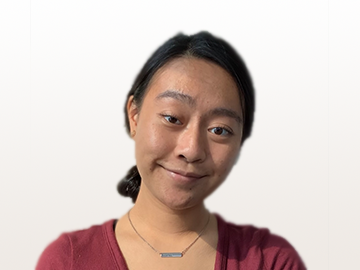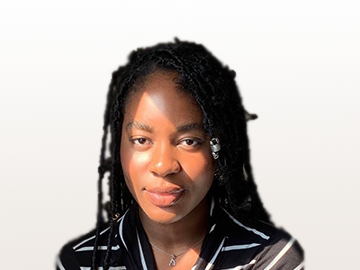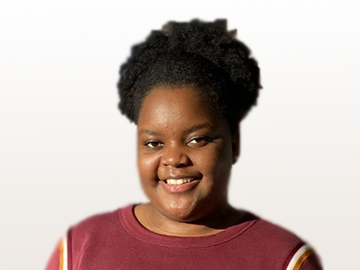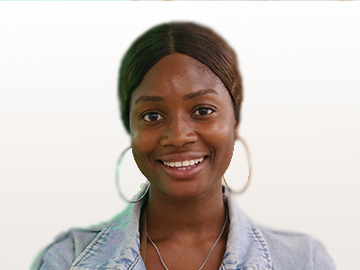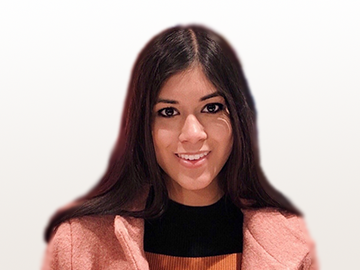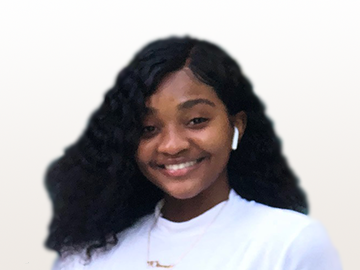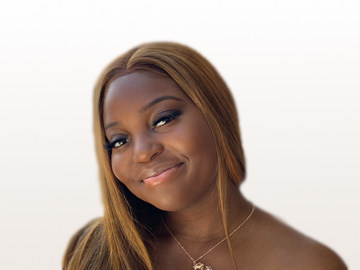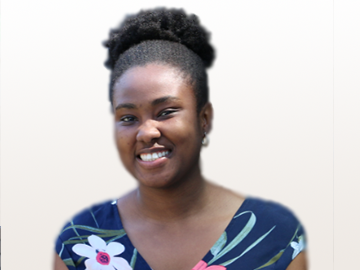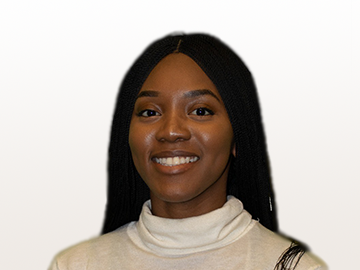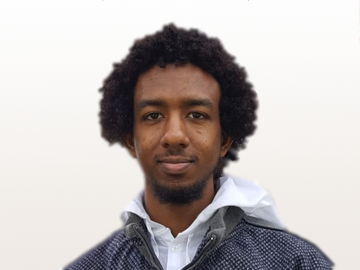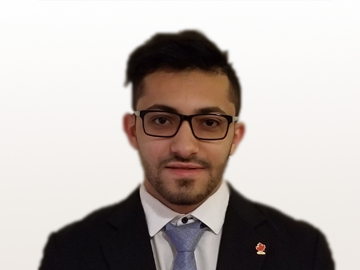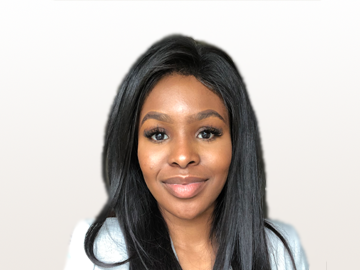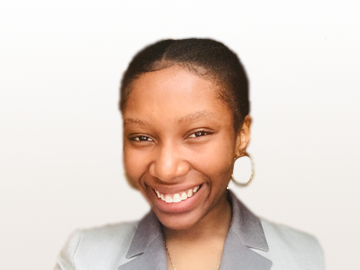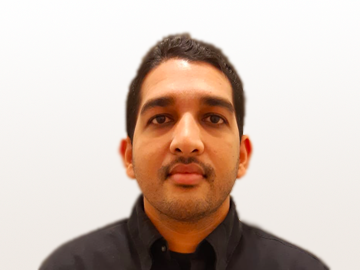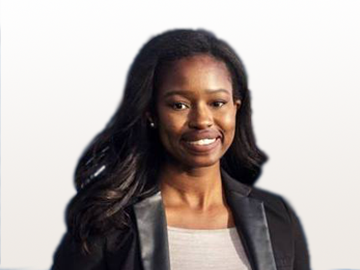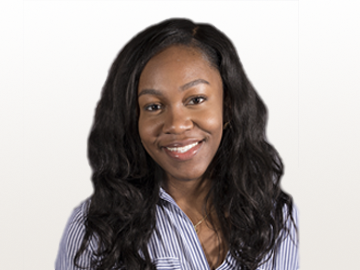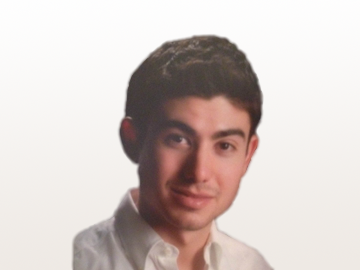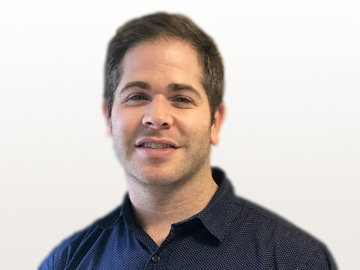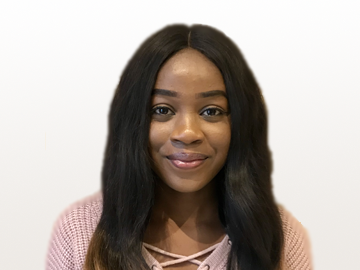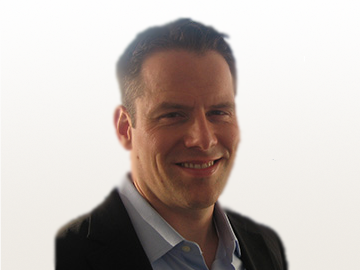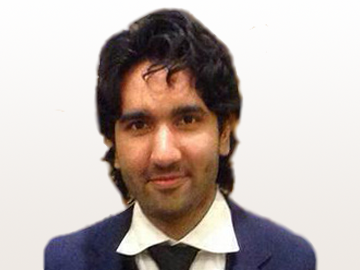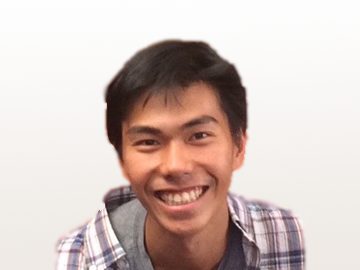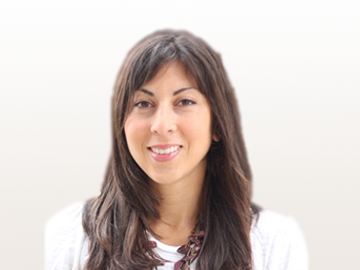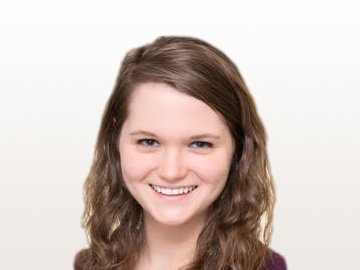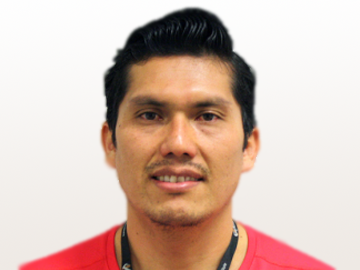 {Mandatory preamble: As with all of my blog posts, the views espoused herein are mine alone and should be construed as neither shared nor endorsed by any organization with which I have an affiliation.}
{Mandatory preamble: As with all of my blog posts, the views espoused herein are mine alone and should be construed as neither shared nor endorsed by any organization with which I have an affiliation.}
{Courageous Spaces preamble: As the curtain began to close on 2020, I accepted two new roles at the University that would enable further concerted cultivation of an EDIIA agenda in my professional sphere of influence and work. I remain delighted and honoured to serve on the Diversity Advisory Council for the Faculty of Medicine, as well as the Equity, Diversity, and Inclusion Committee of the Institute of Medical Science, both of which are chaired by selfless, passionate, and effective leaders. I am continuing to learn that the concept of ‘space’ figures prominently in the work of these committees, as with other initiatives seeking to advance the broad goal of humanity, respect, and freedom to flourish for all. Space that is owned. Space that is occupied. Space that is deserved. Space that may be taken or earned or relinquished. Space that should be decolonized. As we know, space is multidimensional, and absorbing a greater leadership role in EDIIA during a time of unprecedented and differential sorrow enabled me to reflect on how I’d like to bend it around me. A ‘safe space‘ is typically regarded as one that is free of judgment and aims to support and nurture the inhabitants. A ‘brave space‘, on the other hand, is one that aims to advance dialogue, potentially at the expense of comfort. In the former, the fragile are handled delicately; in the latter, they are challenged. I debated what to name this series, and thought long and hard about the concept of bravery. I decided that I fall short on being brave about this work. I promise you that I feel fear – of rejection, of judgment, of contempt, of backlash, of failure. Courage requires one to stand with that fear, and walk through it. This fight is worth it. Upon new dawn finally – and glacially – breaking over 2021, it seemed apt, then, to launch a ‘Courageous Spaces’ series of blog posts, the third of which is posted below. I hope you find them courageous. I hope they inspire us all to think.}
{Trigger warning: ableism; normalism; sexism; socioeconomic privilege; white privilege}
Like many people in my family, I have an autoimmune inflammatory disorder from which I periodically suffer. It is considered an “invisible” disability because you would never know such a detail about me simply by looking and it is something that I have, until now, disclosed infrequently. It prevents me from doing a handful of things that other people might take for granted, such as opening certain types of doors and jars and bottles; starting machinery by ripcord; sitting comfortably in chairs for extended periods of time; arm wrestling anyone larger than a Chihuahua; and operating my brand-new immersion blender that was clearly tested for market readiness only by lumberjacks and thawed Neanderthals. Speaking of which, where are all the delicate lady drills at? Can some random engineer wizard please point me in the direction of the power tools designed for the petite weakling demographic and situated somewhere between Fisher-Price and Milwaukee?? Sorry, fellas, the DeWalt Xtreme Compact – which pros love to parade around as being designed for “smaller hands” – still has more of a junior Yeti vibe than diminutive woman academic……Just lemme know when jigsaws for marmosets or rotary hammers for tamarins go viral like Pop Its cuz sometimes inclusive design really is a job so easy even a monkey could do it…. Anyway, the first hint of my “condition” arose around age 16 when I developed bilateral knee pain which differed from the usual wear and tear of gymnastics and cheerleading. I was thus referred to a famous local orthopedic surgeon who – within 3 minutes of meeting me – advised that when I grew up to become a “housewife” I would no longer be playing so much tennis and my knee pain would evaporate. I arrived at the home of my boyfriend following this appointment dejected, and like any other 17-year-old elite hockey player in the early ‘90s, he helpfully offered to kick the shit out of the gaslighting crusthole misogynist, a gesture which did, in fact, make me feel a whole lot better. It really is the thought that counts, after all. It would be more than a decade later before I saw another MD for joint pain, during which time the unknowingly hyperresponsive macrophages I donated to lab mates would make mincemeat of their biomarker experiments. Alas, not even a childhood of swinging on willow branches and catching frogs and face planting into manure and being impaled by big ass hawthorns could steer my immune system from the fatalism of genetics.
There are highly effective immune-suppressing and biologic therapies to alleviate symptoms of this condition (were they to become unmanageable), however, I have always felt that taking such drugs would be unwise, what with my severe predilection for wild animal encounters, pet rats, field work in LMICs, and the fact that I’m an infectious diseases physician. Oh, did I mention the turtle with whom I’ve cohabitated since age 15? Yeah, they apparently never die….. So my body weight is not a manifestation of orthorexia or anorexia or bulimia or any other pattern of disordered energy consumption with which helpful white citizen Boomers jamming their uninvited stick into my craw care to label me. Rather, it is the product of conscious intentional action to keep my physique healthy, resilient, youthful, and reasonably free of the symptoms from which I suffered at 25 pounds heavier. See my blog post on surviving life as a clinician scientist rule #9: Pour sweat daily!! Fuel your body on plants!! Noodle salad from the buffet? Hard no to that. Mimosa and an éclair at brunch? Absolutely not. Cheese and crackers at midnight? Beyond unthinkable. Weight management is fundamental to my disease mitigation strategy (having not actually attempted the evidence-based housewife intervention), and yet I have been body shamed for being “thin” by physician colleagues whose opinion on such matters I did not seek nor did I care to ponder. As a matter of fact, I enjoy channeling a shivering whippet in stilettos and recall signing exactly zero legally binding contracts obligating me to maintain a body mass index above 18.4. We all have a choice in the matter of disease management, despite what we’re told by those who believe they know better. And by individuals without a modicum of medical training or content expertise. This barrage of negativity communicates to the invisible that we are not for this academic and medical world, where the paradigm of assess-diagnose-treat (and treat to cure, ideally) aims to slide those of us falling more than a standard deviation or two away from the mean back towards ‘normalcy’. But we need not treat such encounters as we might the Thanksgiving table where one could theoretically consider javelining a spear of asparagus at the snout of the resident do-gooder bigot. No. More powerfully, and despite all odds, we simply persist. I’m like the Tom Brady of mid-career female academics, minus, of course, the talent, the wealth, the fame, and presumed grip strength. All of this verbiage serves as a subtext to how I – as a visibly abled and (mildly) invisibly disabled traveler – confronted my own ableism.
I am not a real runner. I am rather more partial to the bicycle as a means of exercise. But, as with all endorphin enthusiasts, in the absence of said bicycle, I will do what I have to do. Upon arrival in any destination I will scope out the options for exercise fast. Really fast. Faster than lightening. Faster than flash flooding. Faster, in fact, than 108-year-old great aunt Beatrice can fuck up a smartwatch. So it was thus on a pre-pandemic trip to a small island village in East Africa where I began my experiment with rapid bipedal ambulation as a form of exercise. My ‘route’ took me through densely forested vegetation as well as along pristine beaches. At first, I began to landmark my progress with the beautiful bounty that is nature, along the lines of: ‘soon I will pass the gorgeous baobab tree’; or, ‘oh, here’s where I saw the lovely hermit crab’. This strategy quickly devolved into landmarking threats to my survival, as in: ‘here’s where I saw the first deadly poisonous snake’, and ‘that’s where I nearly tripped over the second deadly poisonous snake’, and ‘oh, here’s where I need to run through the tick-infested long grass en route to Heron’s Point’, which, by the way, is completely devoid of herons. Raising even a single one of these ‘issues’ with a local will garner the derision that you – useless urban creature of comfort – deserve. They are unperturbed by such minor annoyances. Thus, conversations will usually go something like this:
Local: “Have you been swimming in the ocean yet?”
Me: “Umm, isn’t that a school of black tip sharks frenzying around in the shallows?”
Local: “Ha, ha, yes! But they won’t hurt you. Funny, I never see them out diving!”
Me: “Yes, well, that’s probably because they’re awaiting the succulent juiciness that is the average North American piglet (aka, us). Much easier to catch than a tuna.”
Or:
Local: “Have you seen the monitor lizard?”
Me: “The monitor lizard? You mean the 8-foot long dinosaur that shot out of the bush at me on my run this morning? In that case, yes, I have seen him.”
{Digression Alert! Note my automatic ascription of the male pronoun to anything that is vile and treacherous in Kingdom Animalia, betraying my deeply held prejudices towards “bad guys”. An example: set scene – rural Africa, in a hut completely porous to all fauna, morning conversation with hut mates: “I awoke in the dead of night to a rodent of some kind scratching up my elbow, readying my flesh for the delicious sensation of his incisors piercing it. I felt and heard a distinct whoosh beside my head as he leapt off my arm. He also left some turds over by the cashews”. I am a literal magnet for this type of thing……}
Anyway, back to running. Beach runners all know that in coastal areas of the planet – which are subject to wild fluctuations in tidal sea levels – one of the greatest threats to life and limb are the fishing boats tied up along the shore. As one runs up upon such tie lines, one has two options: you either go over, or you go under. I side with Michelle Obama on this one, and usually take the high road. If the $200 sneakers and Lululemon get-up didn’t give you away, then hurdling these ropes will make you conspicuous to the locals. Because, why? As in, ‘why waste the precious resource that is energy?’ Energy for which you clearly didn’t scale a tree or row a dhow or till the earth. There is nothing like beach running in such an environment to make the North American traveler feel utterly ridiculous, cringeworthy, stratospherically beyond privileged…..I was mortified at myself each and every day, but I’m an addict, so I let it slide. One morning – the last of the trip – a teenaged boy, smiling, held one of the ropes down for me as I ran up to it. Ordinarily – meaning ordinarily in Canada – I would label this gesture as sweet, chivalrous, decorous. But at that moment in that place, to me it was heartbreaking. See, this particular teenager manifested the most severe club foot deformity that I have ever seen, one that would have been aligned to a more homogeneously representative anatomical state – some might say “corrected” – at birth instantly had he had the alternate fortune of being born into affluence. It was so affected that he bore his entire weight on the lateral malleolus (outside ankle bone), such that the sole of his foot was fully perpendicular to the ground. The club foot had also caused a severe valgus deformity of the knee, and a near-absent gastrocnemius (calf) muscle, leading to a pronounced gait impairment. This child was veritably hobbled. And what did he do? He hobbled up to that boat rope and stepped on it with his unaffected foot, so that I – the visibly white visibly abled visibly clothed idiot flouncing along the beach in sneakers designed to withstand electrocution – wouldn’t have to expend even a single extra calorie leaping a rope while doing something so stupid as volunteer running. He owed me nothing, and had grown up in rural sub-Saharan Africa where the expendable loss of impediment-free ambulation appeared outwardly to be accepted. He didn’t know anything different, and can you miss what you don’t know? One thing I know for sure is that after he held that rope for me, he got back to the business of enjoying a soccer game with his friends, and let me tell you, he was phenomenal. Why was I surprised, I admonished, vanquishing my ableist deficit-driven thought as quickly as it appeared. Just as disability is visible or invisible, so too is ability. I know this truth with resolute and absolute conviction. Conviction that is based not only on my own lived experience but that of those with visible and invisible disability – both physical and neuropsychiatric – to whom I am closely related. And yet…there it was…The fallacy of ‘normalism’ pervading my cognition. Also, why did I presume his motivation to be gallantry? Who knows the conversation he had with his friends about it that day? Perhaps it was along the lines of ‘yeah, I saw this really sad pathetic embodiment of misery lost in the throes of derangement earlier today and I was guilted into Good Samaritanism so she wouldn’t bark up her not-completely hideous face on the coral. What a loser!’. Alternatively, maybe he just didn’t want the epic drama of yet another spandex-clad dewy blonde clothes-lined in the sand. Then, after feeling ashamed about the whole scenario, I felt guilty for feeling guilty! Who was I to allow my conscious and clearly ableist brain to rob him of likeness to any other talented teenaged athlete? Maybe I was a curiosity to him. Or pitiable. Or nothing. As a woman in a rural equatorial part of the world, I doubt that I was envied.
As with most things in life, it’s complicated. There was no denying his poverty, his visible disability, the hardship of his life. It is wrenching to live with the knowledge of our extreme privileges and to project onto others living in lesser-resourced areas the question of what could have been. We excoriate ourselves over these inequities, which motivate us to do better and to act. And make no mistake – these inequities cost lives and quality of life. The inequity itself warrants reparation. If you’d like evidence around this, look up the sustainable development goals (SDGs). But recognize also that we are prisoners of our constructs, and when we project our wants, our needs, our expectations, and our values – including those related to normative Western medical practices – onto anyone, we usually screw it right up. The axis on which our existence rotates is a product of environment and circumstance and can be meaningless, unintelligible, and frankly life-threatening to others. For any hermits living on Jupiter for the past 2 years, this phenomenon is perfectly illuminated by the differential impact of COVID-19 on those living with disabilities, which arises from many factors including “the adverse social impacts of efforts to mitigate the pandemic”.
So, this brings me to a few basic rules, then, for the average North American traveler to areas of lower economic resources, where – let’s be honest – ableism and othering might be situationally unmasked simply by virtue of encountering what’s different, invisible at home, and outside of one’s comfort zone. Being cognizant of such fallacies and biases is needed to correct them. In no particular order, then, my rules are:
- Check your assumptions, biases, isms (yep, all of them), and your privilege with your luggage, and permit them to rot in baggage hell.
- Recognize that privilege is in the eye of the beholder. Most North Americans are relatively penniless compared to any Fortune 500 CEO, but vastly better resourced than the majority of people on Earth. Being female remains an objectively quantifiable limitation in much of the world. That gender gap is real. We can all be with and without privilege simultaneously. Disadvantage intersects. It clusters, amplifies, and synergizes. Do not underestimate such forces.
- Normalism – that is, the relentless pursuit in medicine of herding people back to the middle of the bell curve when manifestations fall outside of what is considered to be average – is underpinned by the cognitive fallacy equating normative anatomy, physiology, and function to ability, joy, and quality of life. Avoid this fallacy. Average is not superior. It’s average. It’s absolutely unexceptional. Exceptionalities may be maladaptive or not, and our medicine may be worse than the ‘diseases’ we aim to exterminate. Again, this is largely subjective and heavily influenced by sociocultural factors and individual values and preferences.
- Unless specifically asked, stay out of people’s heads and keep your opinions to yourself. Be in the moment for those with whom you engage. If they opt to pull the curtain back, bear witness, and provide what is asked of you.
- Understanding that there are very few absolutes in life, aim to do no harm, and do whatever good is permissible in context and requested. Here’s where familiarizing oneself with the SDGs becomes worthwhile. Do your part to contribute respectfully and inclusively without dogma, prejudice, or the expectation of veneration. I promise you are a hero to exactly nobody.
- Invest in the local economy. With a high degree of certainty you spent at least 4 figures getting to your destination and residing there. The World Bank classifies low-income economies as those with a gross national income of $1,045 USD or less per year. Do the math. That’s not even 3 bucks per day. Much of West and East Africa are classified as such. Regardless of your personal attitude towards thrift, acknowledge that your value to your destination is almost certainly purely economic. Apologies to bear such news. If you can’t read between the lines here, my message is to be generous in the choices you make.
- Pack soccer balls for the local kids. And leave them there.
- Expect and solicit interaction with flora and fauna as much as time will permit. Even amidst pandemic, crisis, destruction, and destitution, serenity can be found in nature. And buck up! Rat Bite Fever is curable!!
- Under no circumstances is it permissible for you to whine, complain, or bellyache. About anything. Just. Do. Not.
- Acknowledge that regardless of your travel purpose, you are a guest in your host country, community, and the Indigenous lands on which you have arrived. Be respectful – of language, culture, customs, and environment. Be teachable and flexible. Reflect grace and humility.
- And finally, unless you are friggin’ Gumby, go over those ropes.
Incidentally, remember the aforementioned long grass? Yeah, well, I got a tick-borne rickettsiosis, which is apparently what karma believes me to deserve for being such a fool about exercise.



